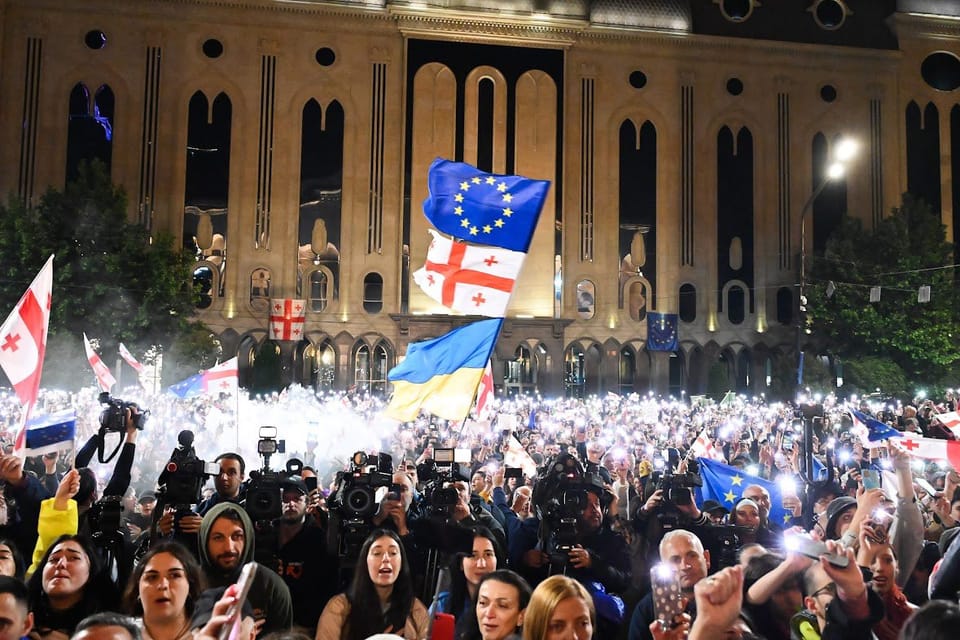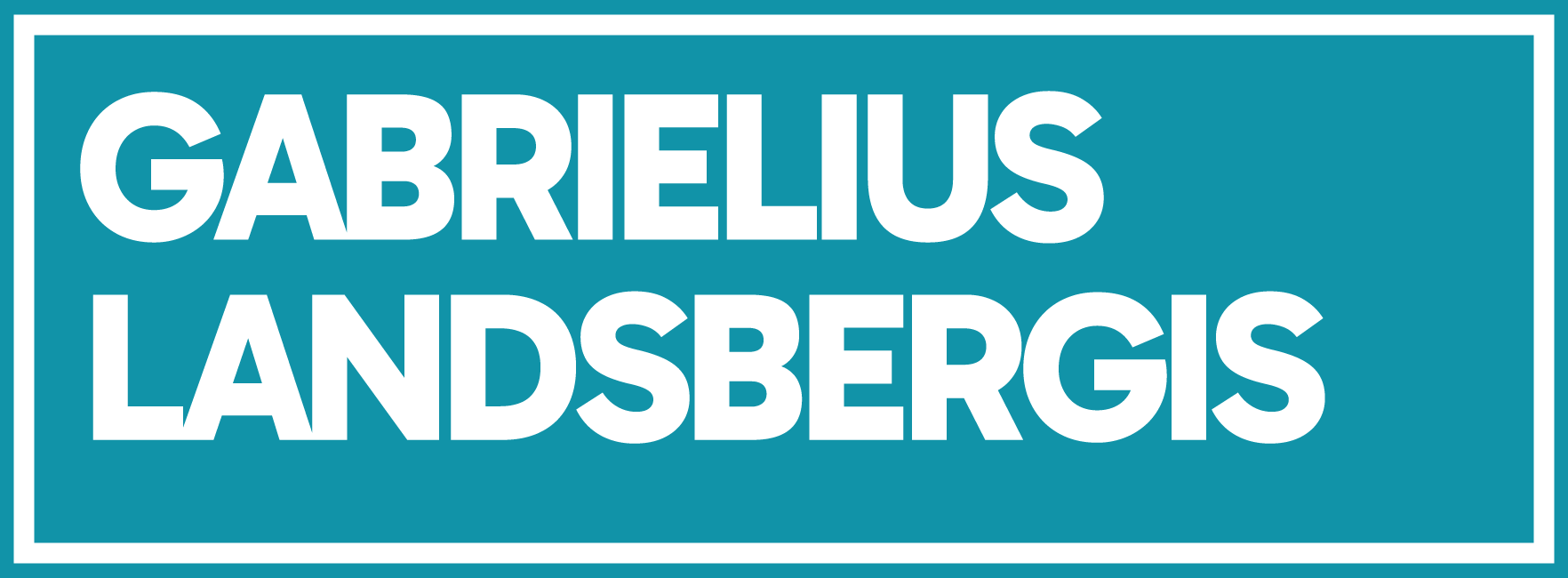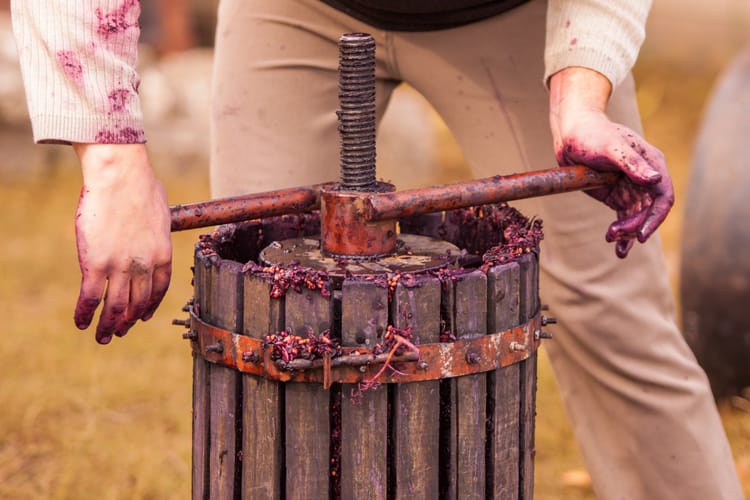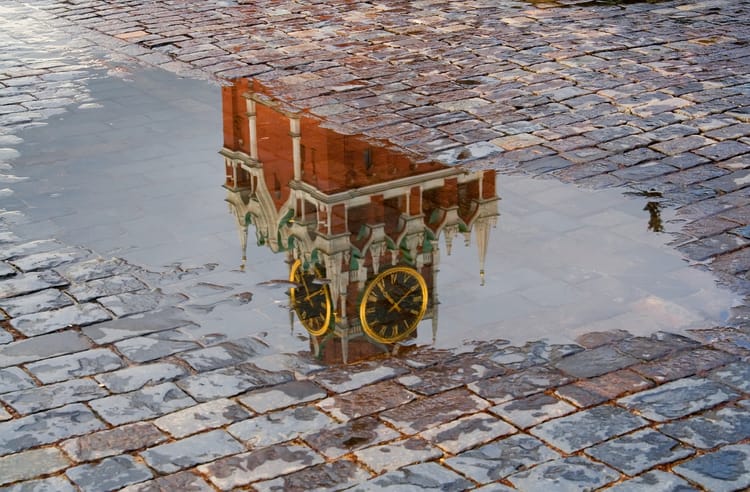The End of the Enlargement Dream?

Every day, for 237 days straight, in all weathers, the Georgian people have protested against the takeover of their once-democratic and still pro-Western country.
It has become increasingly difficult to gather on Rustaveli Street, but still they gather. Nobody comes to meet them; government windows remain dark during the evening rallies. But the government hasn’t been idling since the rallies began. First, a batch of protesters were detained and jailed. Some as young as 18 have received years-long prison sentences — for “planning terrorist activities.” I met their parents in Tbilisi. They can hardly contain their tears, but most are proud of their children. They say they come from generations of protesters. Grandmothers protested against the Soviet Union, were deported or imprisoned. Now, as if without pause, their descendants are raising similar demands to the pro-Russian Georgian Dream government.
After the imprisonments failed to stop the protests, the government imposed fines on almost anyone demonstrating. When funds were created to support those who could not pay, the government targeted the organisers of the funds.
A phony commission was established in parliament to investigate past events. When opposition leaders refused to appear before it, they were thrown in jail. NGOs now operate in a legal grey zone — awaiting shutdown, or worse.
It feels as if the country is slowly going silent. Once vibrant — with different political parties, intellectuals, and NGOs — it now increasingly resembles a Central Asian republic rather than what it once was: a candidate for the European Union.
Some choose to blame the country itself — the first elections that brought Georgian Dream to power were democratic and accepted by the international community. True, but until recently GD was very good at masquerading and hiding its pro-Russian inclinations. Even now, with clownish consistency, its representatives continue to declare that they are on the path to Europe. Well, yes — if there exists some alternative version of Europe known only to them.
At first, many in Georgia and Europe believed that, despite differences in attitude, GD was genuinely interested in Europe. But now elections are no longer representative. Numerous severe violations make it impossible to claim that the Georgian people are being allowed to choose. I sincerely hope that what is left of the opposition will not participate in the autumn’s municipal elections. The rules in place will only mimic democracy, while in practice they provide cover for an authoritarian takeover.
Some blame the opposition — that for too long it was mired in constant squabbles and disagreements, losing sight of the main objective: not to lose the country to a dictator. Maybe for too long, the opposition’s objective was getting Saakashvili out of prison, while the country itself was becoming a prison.
But it is too late to search for guilt within Georgia. We should ask what Europe could have done differently. Charles Michel, President of the European Council during the last Commission, attempted to build a diplomatic off-ramp for Georgian Dream. Had they changed the laws and halted the backsliding, Brussels would have opened its doors wider. I met the Georgian Prime Minister in the summer of 2021. He seemed genuinely interested in continuing pro-European reforms and was willing to listen to advice. But the pretense was quickly abandoned. The reforms stopped. European advice was rejected. And here we are today.
But after Michel, Europe seemingly stopped being interested. No new initiatives emerged. Were it not for the stream of statements from the European Parliament, one might conclude that Europe’s geopolitical reach has pulled back from Georgia altogether.
Some say Ukraine consumes almost all the bandwidth of European foreign policy, but it’s almost comical to suggest that thousands of officials and diplomats are overwhelmed. I would argue this is not a matter of capacity — it’s a failure to grasp the importance of what Europe does or doesn’t do in Georgia.
The Georgian people — proud pro-Europeans — now feel that Europe has turned its back not on their government, but on them and on their true European dream. Their plight — hundreds of days of protest, the loss of liberty and democracy — is not considered to be a major event in Brussels.
Georgians still remember the mood of 2008: Georgia was surely becoming part of NATO and the EU. Now, they feel deceived and discarded. It must be a chilling realization for pro-European communities in other aspiring countries: Ukraine, Moldova, and Armenia.
How much is “candidate status” really worth, if a clampdown on democracy can barely shift the needle in Brussels? The question arises: maybe all of this is a charade. Maybe enlargement is not real.
I find it hard to imagine that in 2003, when Lithuania stood on the threshold of the EU, we would have been allowed to go ahead and join if our government had acted as Georgian Dream does today.
Romania and Bulgaria were not allowed to join in 2004 — the mismatches were evident, and the Commission was clear about them. Only after hard reforms did the doors open in 2007.
It’s as if Europe wants to appear to be preparing for enlargement while in practice it wastes the promise of enlargement as leverage. Countries now believe in this goal much less than the Baltics did in 2004.
And here lies my greatest worry: how will all of this reflect on Ukraine and other candidate countries? If Brussels fails in Georgia, Brussels could also fail in those — despite insisting that Ukraine is the center of EU geopolitics.
Ukraine is left without a clear European timetable. Talks about decoupling Moldova and Ukraine are heard ever louder. That would be a mistake of enormous proportions.
What happens when the realisation that the enlargement is not really happening sinks in? That the European future is no longer a leverage that could be used?
What happens is a feeling of resignation. We witnessed this in Georgia. And I am increasingly worried that we might start seeing the same in Ukraine. The dismantling of the independent anticorruption bodies is a step in that direction.
Here I would urge my Ukrainian friends: Don’t go there, for your own sake, regardless of Brussels’ demands. Don’t choose the path of Georgian Dream. And here I would urge my European friends - there has never been a more important time to step in. Don’t repeat the European mistakes in Georgia.
Because what we are seeing is the potential beginning of a decline in trust and a drift away from European values.
Getting real about European enlargement means more than a “very concerned” tweet once in a while, it means taking a clear position when there is progress, it means declaring a timeline and a European commitment to see candidates become members. It also means taking action when there is backsliding. If the EU fails to take action now, the whole region could be lost. Inspiration through strength and commitment could turn back the tide.






Member discussion